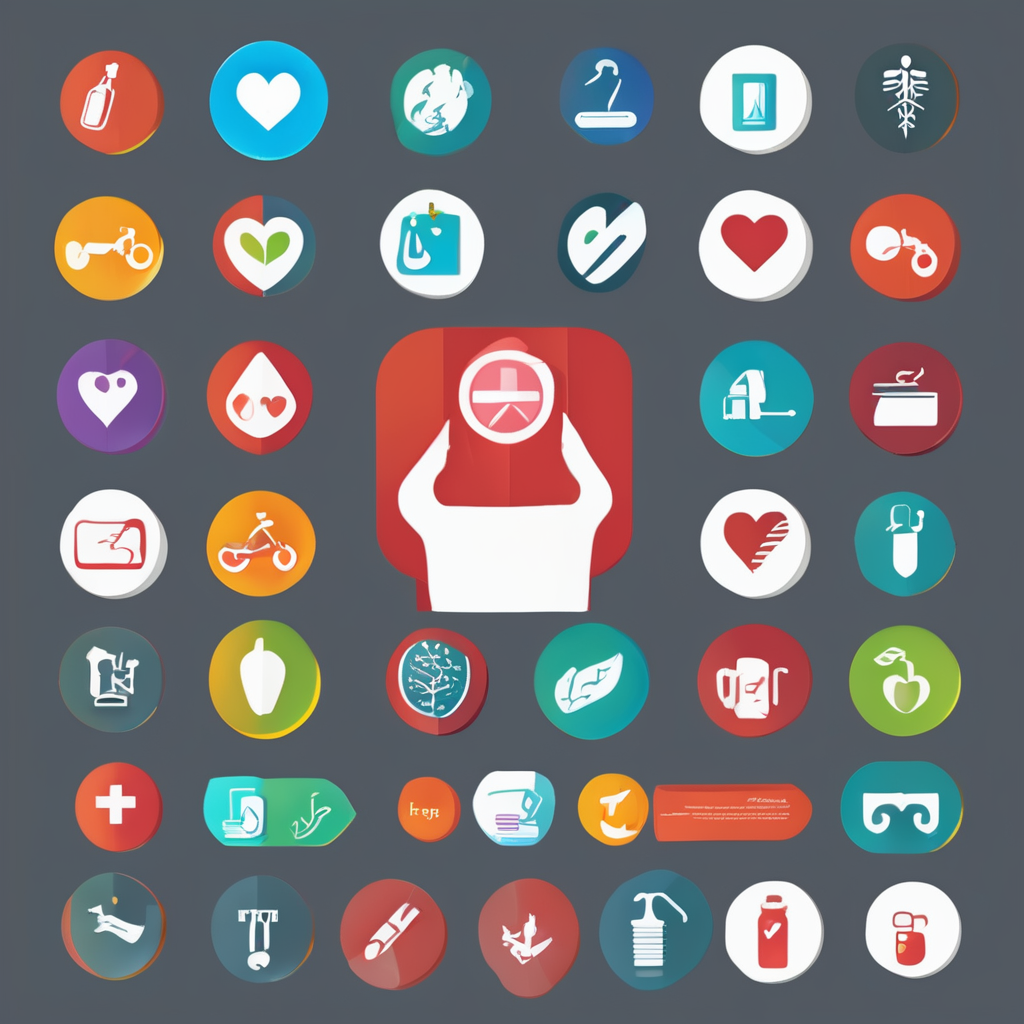Understanding Stress in Seniors Aged 90 and Above
Stress in seniors, particularly those in their 90s, is influenced by several factors that significantly impact elderly wellness. As individuals age, they often confront unique challenges such as declining physical health, loss of loved ones, and changes in living conditions or independence. These stress factors can exacerbate mental health issues, necessitating careful consideration for effective stress management.
Addressing stress in seniors is crucial as it plays a pivotal role in maintaining overall health and mental well-being. Prolonged stress in older adults can lead to physical illnesses, including cardiovascular problems and weakened immune response, as well as increased susceptibility to depression and anxiety. Therefore, recognizing and mitigating stress is essential for enhancing the quality of life.
Topic to read : Essential Oral Care Tips for Seniors with Dentures: Best Practices for a Healthy Smile
Unique considerations for managing stress in this age group involve adapting stress-relief techniques to suit their capabilities and preferences. For instance, incorporating gentle relaxation practices tailored to their physical limitations can help. It’s also important to foster a supportive environment that encourages social interaction and emotional expression. By understanding these stressors and implementing appropriate management strategies, seniors can achieve improved mental health and overall well-being.
Mindfulness and Meditation Techniques
For seniors, especially those in their 90s, engaging in mindfulness and meditation can significantly enhance mental well-being. These practices are adaptable, making them suitable for older adults with varying abilities. Mindfulness involves being present in the moment, which can help alleviate stress by focusing on current experiences rather than past regrets or future worries.
This might interest you : Identifying Overmedication in Seniors: Key Signs and Effective Management Strategies
Guided meditation options are plentiful and can be accessed through apps or community sessions, providing structure and support. These resources often include meditations specifically tailored for senior needs, ensuring accessibility and comfort.
Simple practices like deep breathing exercises are easily incorporated into daily routines, fostering relaxation and reducing stress. These techniques help seniors develop a heightened sense of awareness and acceptance, easing emotional strain.
The benefits of mindfulness extend beyond immediate relaxation. Regular practice can improve mood, enhance cognitive function, and promote emotional stability. By integrating these practices, seniors can achieve a better quality of life and strengthen their mental resilience.
By creating a routine with mindfulness exercises, seniors can enjoy not only improved emotional well-being but also potentially enhance their physical wellness, as the reduction in stress levels can have broadly positive health implications. Overall, mindfulness and meditation are valuable tools in promoting longevity and vitality.
Gentle Physical Activities
Engaging in gentle exercises can greatly improve the physical wellness and mental health of seniors, making it a crucial component of senior fitness programs. These activities are tailored to ensure ease of participation, reducing the risk of injury while promoting overall well-being.
Chair Yoga
Chair yoga provides an excellent option for seniors with mobility limitations. This form of gentle exercise allows individuals to perform yoga poses while seated, maintaining comfort and safety. Through regular practice, seniors can improve their flexibility, balance, and muscle strength.
Tai Chi
For those seeking a more dynamic yet low-impact exercise, Tai Chi stands out as a valuable practice. Known for its gentle flow, Tai Chi enhances balance and coordination, reducing the risk of falls. It also helps in calming the mind, fostering a sense of peace and relaxation.
Walking at a Comfortable Pace
Walking, a simple yet effective exercise, promotes cardiovascular health and enhances mood. Seniors can easily incorporate walking into their daily routines at a pace that suits their capability. Meticulous paths or tracks within local parks can offer an inviting environment for this mild exercise, encouraging regular participation.
Social Engagement Strategies
Social interaction is crucial for mental health and overall elder wellness, especially for seniors in their 90s. Being socially active can help alleviate stress, providing emotional support and a sense of belonging. Social activities, whether through social activities or community involvement, can combat feelings of isolation and loneliness, which are common among elders.
Encouraging seniors to maintain connections with friends and family is key. Regular interactions—such as phone calls, video chats, or visits—can brighten their day and offer emotional reassurance. Seniors can also be encouraged to form or join social groups tailored to their interests, like book clubs or gardening enthusiasts, which can provide ample opportunities for connection and fun.
Participation in local community programs can further enrich the social engagement of elderly individuals. Many communities offer senior-friendly events, including game nights, craft workshops, or fitness classes, creating an inviting environment for elderly socialization.
Moreover, volunteering provides a dual benefit; it allows seniors to engage with others while contributing positively to their community, fostering a sense of purpose. By supporting social engagement, seniors can achieve improved mental health and foster an enriching and connected life.
Creative Outlets for Mental Wellness
Creative activities offer powerful stress relief for seniors, fostering emotional expression and cognitive engagement. These outlets are not only enjoyable but also therapeutic, promoting mental wellness and enhancing quality of life.
Engaging in arts and crafts can be a soothing experience, providing a tangible way to express emotions and alleviate stress. Simple projects such as painting, knitting, or crafting can be easily adjusted according to seniors’ abilities and interests. These activities encourage creativity and offer a sense of accomplishment.
For those looking to challenge their minds, cognitive engagement projects like puzzles, model building, or storytelling can stimulate mental acuity. These tasks help maintain and even improve cognitive functions, contributing to better mental health.
Incorporating creative outlets into daily routines can also foster social connections. Collaborative projects or group workshops can encourage community involvement, allowing seniors to share experiences and learn from each other. By integrating creativity into their lives, seniors not only find joy and relaxation but also strengthen their mental resilience and social bonds.
Expert Insights and Testimonials
Understanding stress in seniors requires insights from geriatric specialists, whose expertise can shape effective wellness strategies. Specialists often highlight the need for personalized approaches to manage stress, considering factors such as health status and personal preferences. Dr. Helen Carter, a noted geriatrician, emphasizes the importance of tailoring stress management techniques, noting, “Individual approaches can significantly impact the efficacy of stress relief in older adults.”
Testimonials from seniors who have embraced these strategies provide encouraging evidence. For instance, John, a 95-year-old veteran, shared his experience: “Incorporating gentle meditation and social activities into my routine rejuvenated my spirits and connected me to a supportive community.” Such personal stories reveal the transformative power of tailored wellness techniques.
It is crucial to consider these individual preferences and expert advice when designing stress-relief approaches for the elderly. Combining professional insights with firsthand experiences can lead to powerful, life-enhancing strategies. By focusing on mental health, elderly individuals can improve their quality of life, reflecting the collective wisdom of both experts and those who have walked the journey.






